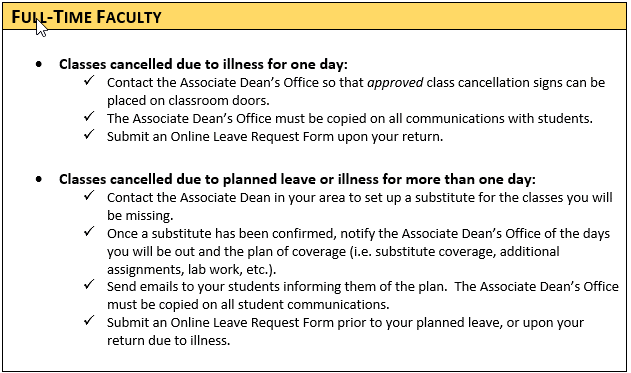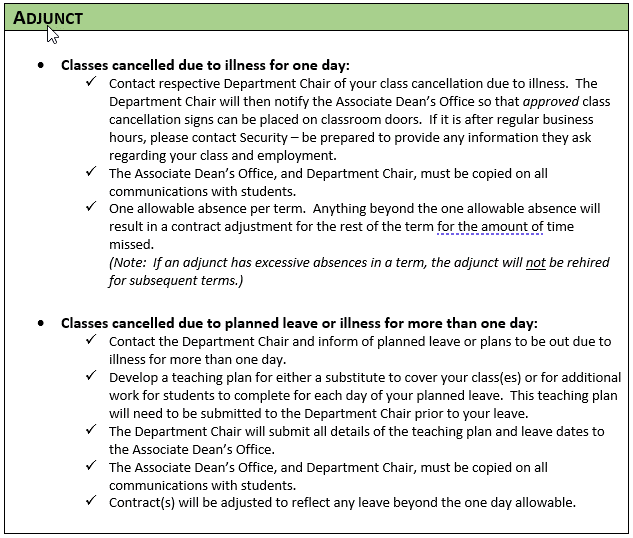Articulation Agreement Procedures
An articulation agreement (a.k.a. transfer agreement) is a signed contract between Palm Beach State College and other colleges or universities that guarantees a smooth transfer of PBSC graduates to another college or university. This agreement ensures the transfer of general education credits and core curriculum courses that satisfy requirements at both institutions.
While agreements benefit PBSC by developing partnerships with other institutions, their primary purpose is to benefit students in various ways:
- Facilitates progression - establishes seamless progression to upper division coursework and/or major disciplines and preserves credits earned and competencies achieved at PBSC;
- Removes barriers to admission and ideally provides preferential admission to PBSC graduates including waived admission requirements, priority admission or other benefits; and
- Offers Financial benefits in the form of reduced tuition, waived application fees, and scholarship and/or financial aid eligibility.
By providing concrete pathways for PBSC students to continue their education upon completion of their programs, these agreements also support the college’s advising and recruitment efforts.
Articulation Agreement or Memorandum of Understanding (MOUs) development at Palm Beach State College is generally limited to accredited institutions and those institutions that have participated in the Florida Statewide Course Numbering System process of course evaluation. All others are considered on a case-by-case basis. Factors that determine the suitability of initiating an agreement include:
- Disciplines or programs that are not already served by an existing agreement or MOU
- High-volume programs where large number of students would benefit from such agreements
- Competitive disciplines where students would receive preferential access/gain advantage to admission
- Other factors that support PBSC strategic mission and goals
Articulation will be entered into only to facilitate program graduate progression to the next level of education; Palm Beach State does not support articulation agreements that encourages students to transfer before completing a degree at the College.
The responsibility for articulation agreements falls under the Vice President for Academic Affairs (VPAA). Academic Services supports the development of articulation agreements by facilitating meetings between Palm Beach State College faculty members and faculty of other institutions, and shepherding agreements through the process.
Articulation Agreement Procedures
Palm Beach State College has developed a process for initiating a transfer agreement (below). This document details the steps involved in creating such agreements.
Phase 1: Articulation Proposal
- Faculty will coordinate with their Cluster Chair and Associate Dean liaison to discuss articulation opportunity, determine feasibility, and identify benefits to PBSC graduates.
- Cluster Chairs, Program Directors and/or Associate Deans communicate with Academic Services about the desire for articulation with a specific institution or group of institutions.
- Academic Services will:
- Verify the existence of agreements that could support the need already at the College.
- Ensure alignment with PBSC mission, goals and strategic plan(s).
- Check state documents (Common Prerequisites, Statewide Articulation Manual, etc.) for related information pertaining to courses and programs and statewide agreements.
Phase 2: Articulation development
- If an agreement is approved for discussion, Academic Services will:
- Make initial contact with the articulation officer of the other institution
- Coordinate a meeting with the cluster chair, associate dean, dean, and faculty, staff, and articulation officer of the other institution when possible. In the case of out-of-state institutions, a conference call or other means of communication will be used to facilitate the process. The following topics will be discussed:
- Preserving the maximum amount of student credit from one institution to the other.
- Clarifying issues relating to curriculum (e.g., course content, pre-requisites, co-requisites) and how they fit into the agreement to the benefit of students. If both institutions offer the same degree level in a discipline (Associate to Associate; Bachelor to Bachelor, etc.), discuss what the advantage is to create the agreement being discussed.
- Discover all hidden costs to the student and incorporate them into the narrative of the agreement.
- Assuring that the articulating institution will provide some type of tracking mechanism so that student performance can be monitored after the student has articulated.
- In the case of private institutions, discuss a reasonable tuition reduction be made available for students using the agreement.
- Also, for private institutions, discuss a reasonable advantage for students to use the agreement as opposed to public institution programs of the same type (i.e., tuition reduction).
- After the initial meeting and any needed subsequent meetings requested, an agreement, or memorandum of understanding, will be drafted covering the issues stated above.
- The receiving institution puts forward the template that is to be used and the submitting institution has the right to review and alter to the needs of their institution and to the agreement of both parties. If the receiving institutions does not have a standard template for articulation, Palm Beach State can offer samples of agreements/MOU used in the past to the receiving institution.
- The cluster, Associate Dean, Deans, and VPAA will review the agreement draft. The VPAA will determine if Deans’ Council needs to review the agreement as well.
- The College General Counsel will review the agreement and determine if it meets the legal standard necessary for the College.
- Transfer agreements must correspond to Palm Beach State programs. If not, agreements cannot be made until the program is modified through the curriculum process.
Phase 3: Articulation Approvals
- Upon Palm Beach State approval, the final draft of the agreement will be sent to the articulating institution for approval. Any revisions proposed by the articulating institution will need to be reviewed as outlined in C and D above until all revisions and counter revisions have been approved by both parties.
- When the final revisions are made, the agreement is sent to the College General Counsel to be converted to a PDF document with a label and date stamp of approval.
- Academic Services will work with the articulating institution to coordinate signing of the agreement by each institution’s president and any additional signees request by both parties.
Phase 4: Articulation Implementation and Records
- Academic Services will file the agreement with the Florida College System, the articulating institution, and Palm Beach State.
- The agreement will be in effect for 1-2 years with a one-year extension followed by a mandatory review and signature process, unless agreed on otherwise by all parties.
- In some cases, College Relations and Marketing (CRM) will prepare press release showcasing new agreement.
- Academic Services will update the Transfer Agreement website with new/revised information.
- The Program will update their Guided Pathways map(s) to reflect the new/revised opportunity available to graduates.
- CRM will update any associated program brochures related to the agreement as needed.
- Student Services personnel (Advising) will be notified by Academic Services through email with information on the new agreement.
- Transfer agreements will be reviewed by the participating PBSC Program every 1-2 years for course number and other curriculum changes, and during each program review cycle.
Enacted July 2004 in Section G from existing policy; reviewed July 2010; revised July 2015; revised July 2016; revised April 2018
Class Cancellation Process


September 2020